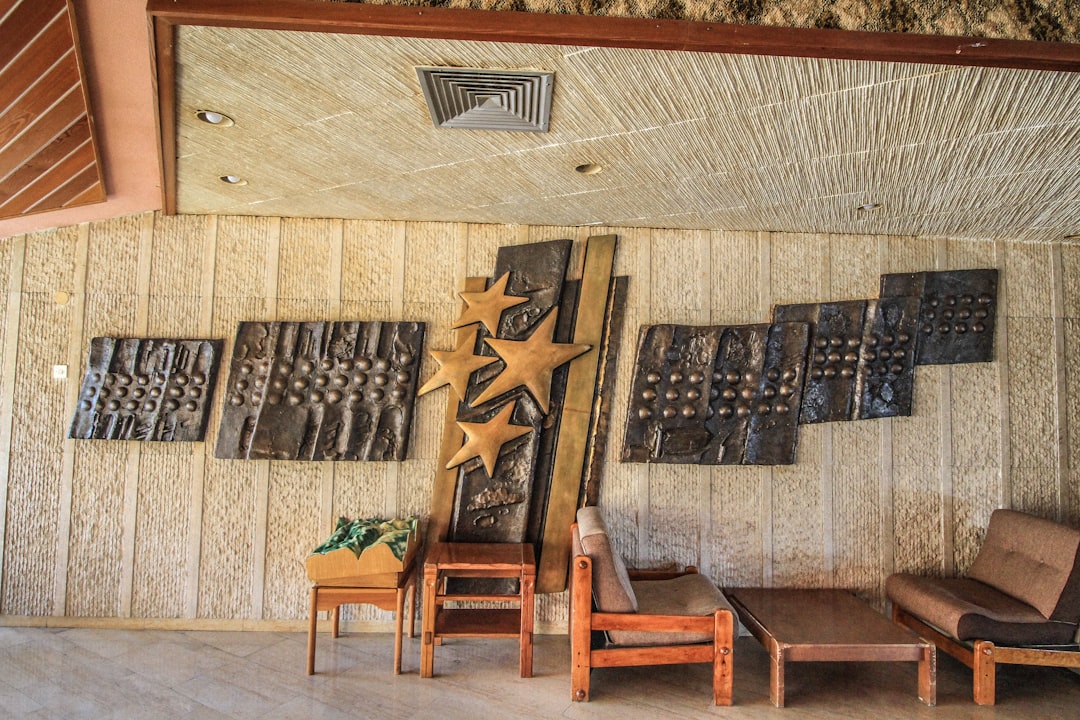What is it about?
This article revisits one of the most thoroughly discussed and criticised concepts of Ottoman history and historiography. Since the XVIIIe century, the concept of millet has been used, in different registers, in the sense of “confession” and “nation”. Most scholars considered that these two meanings follow one another in time: that millet/confession evolved into millet/nation. But this assumption is shown to be erroneous. On the contrary, the two modern meanings of millet, as nation and as confession, develop synchronically, each of them drawing on a different early tradition of the word. Bringing in some historical linguistics, this article studies the word's historical polysemy in the longue durée of ottoman history. It concludes that millet’s twofold semantic shift in modern times is part and parcel of the processes of secularisation and nationalism in the Ottoman Empire.
Featured Image

Photo by Yüksel Göz on Unsplash
Why is it important?
The article changes the focus from previous doctrinal debates towards a consideration of the concept’s historical polysemy. It also escapes an orientalist particularistic paradigm for the sake of comparison and connectedness.
Perspectives
I hope this article will contribute in re-historicising the, highly political, debate on religion in the Ottoman Empire.
Nikos Sigalas
Ecole des Hautes Etudes en Sciences Sociales
Read the Original
This page is a summary of: “And Every Language that Has Been Voiced Became a Millet”: A Genealogy of the late Ottoman Millet, Die Welt des Islams, November 2022, Brill,
DOI: 10.1163/15700607-62030003.
You can read the full text:
Contributors
The following have contributed to this page










